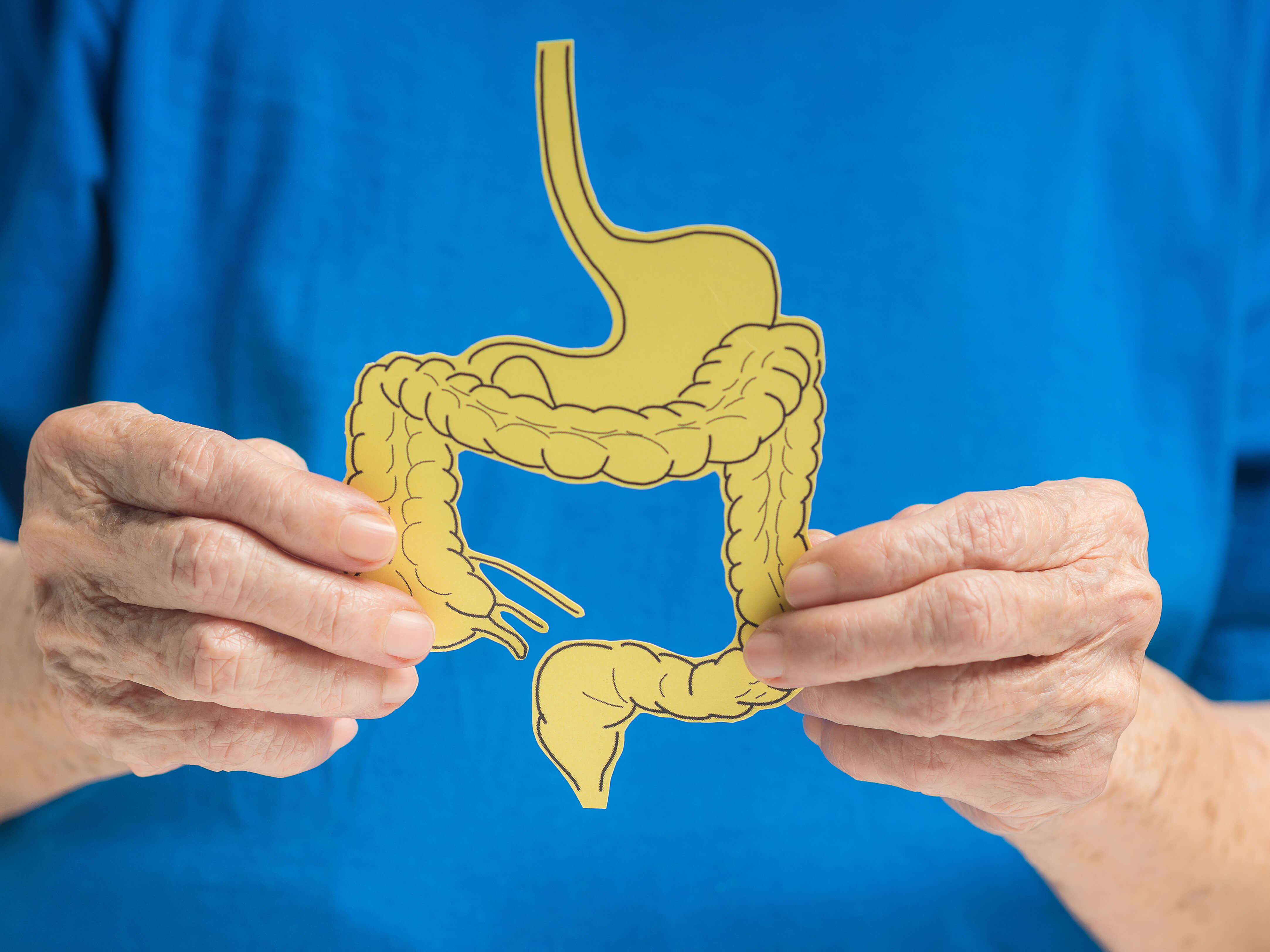Colorectal Cancer on the Rise
45 is the new 50
March is National Colorectal Cancer Awareness Month, and we want to bring more awareness to colon cancer and why it is important to talk to your primary care doctor about screenings.
According to Yale Medicine, it isn't yet clear why colorectal cancer numbers are rising in young people, and more so in men. There are a lot of environmental factors that are associated with this disease, such as heavy drinking, smoking, obesity, and eating a lot of processed foods.

When people think of cancer, they may believe that genetics is the leading cause, but that is not necessarily true. According to the American Cancer Society, your risk of cancer is only increased by 10% if that specific type of cancer runs in your family.
ETSU Health offers the clinics, resources, and support you need for yourself and your family.
Early-stage colorectal cancer (CRC) has a high cure rate of 70-90 percent. For that
reason, early screening and diagnosis remain crucial to saving young lives. The incidence
of CRC is approximately 33 percent higher in males than females, making colorectal
cancer the leading cause of death among men aged 20-49.
The CDC now recommends that individuals at average risk of colorectal cancer start regular screening at the age of 45 instead of 50. With this change, medical professionals will be able to catch an earlier detection of colon cancer at a younger age.
According to the AACR, cancer of the colon or rectum is more common in men than women, and it is the second leading cause of cancer death in the United States. However, it is the most curable cancer if caught early. Talking to your primary care about screenings and prevention is vital in helping with the early detection of colon cancer.
For men and women of all ages combined, colon cancer is the second leading cause of
cancer death. US Preventive Services Task Force came out with new guidelines to begin
screening for colon cancer at the age of 45. My earnest appeal to the community would
be to please make a plan to discuss with your primary care physician how to complete
your cancer screening.
Screenings
According to Mayo Clinic, many individuals with colon cancer don't have symptoms at first. When symptoms appear, the severity will depend on the cancer's size and location within the large intestine.
Colorectal cancer is a disease in which cells in the colon or rectum grow out of control. The colon is the large intestine or large bowel. The rectum is the passageway that connects the colon to the anus.
Individuals who hear about screenings for colon cancer or stories of getting older and what procedures they will have to get done often only think about a colonoscopy, but that is one of several screening tests for colon cancer. There are stool tests, flexible sigmoidoscopy, and CT colonography. Learn more about these tests from the CDC and talk to your primary care doctor about which test is right for you at this time.
Symptoms
Indications of colon cancer in men can include:
- excessive bloating and cramps
- blood in the stool
- changes in bowel habits
- unexplained weight loss
- fatigue
- shortness of breath

There are several things everyone can do to reduce the risk of developing colorectal cancer.
1. Get colonoscopies once every ten years, starting at 45.
The CDC changed the colonoscopy cancer screening guide to the age of 45 instead of 50 because of the increase in colon cancer in young males and females. This allows your physician to identify early cancers and hopefully remove the polyps simultaneously.
If you are testing at home, be sure to consult your physician to determine the proper steps if your test comes back positive for cancer.

2. Eat healthy, diet, and excercise
Making the right food choices and exercising can lower your risk of colon cancer. Foods that include fruits, vegetables, whole grains, and less red meat can help. Increasing physical activity is essential for your body and mind to control your health.
3. Limit alcohol and don't smoke
Smoking tobacco products, including e-cigs, and consuming alcohol can increase your chances of getting colon cancer. The American Cancer Society recommends no more than two drinks daily for men.
ETSU Health offers you access to oncology doctors, advanced treatments, and clinical trials. We know cancer treatment is a difficult journey that affects you physically, emotionally, and psychologically. We offer you and your family the comprehensive care and support you need, close to where you live and work.
Searching for a Hematology/Oncology Clinic?
Let us guide you to a healthier future.